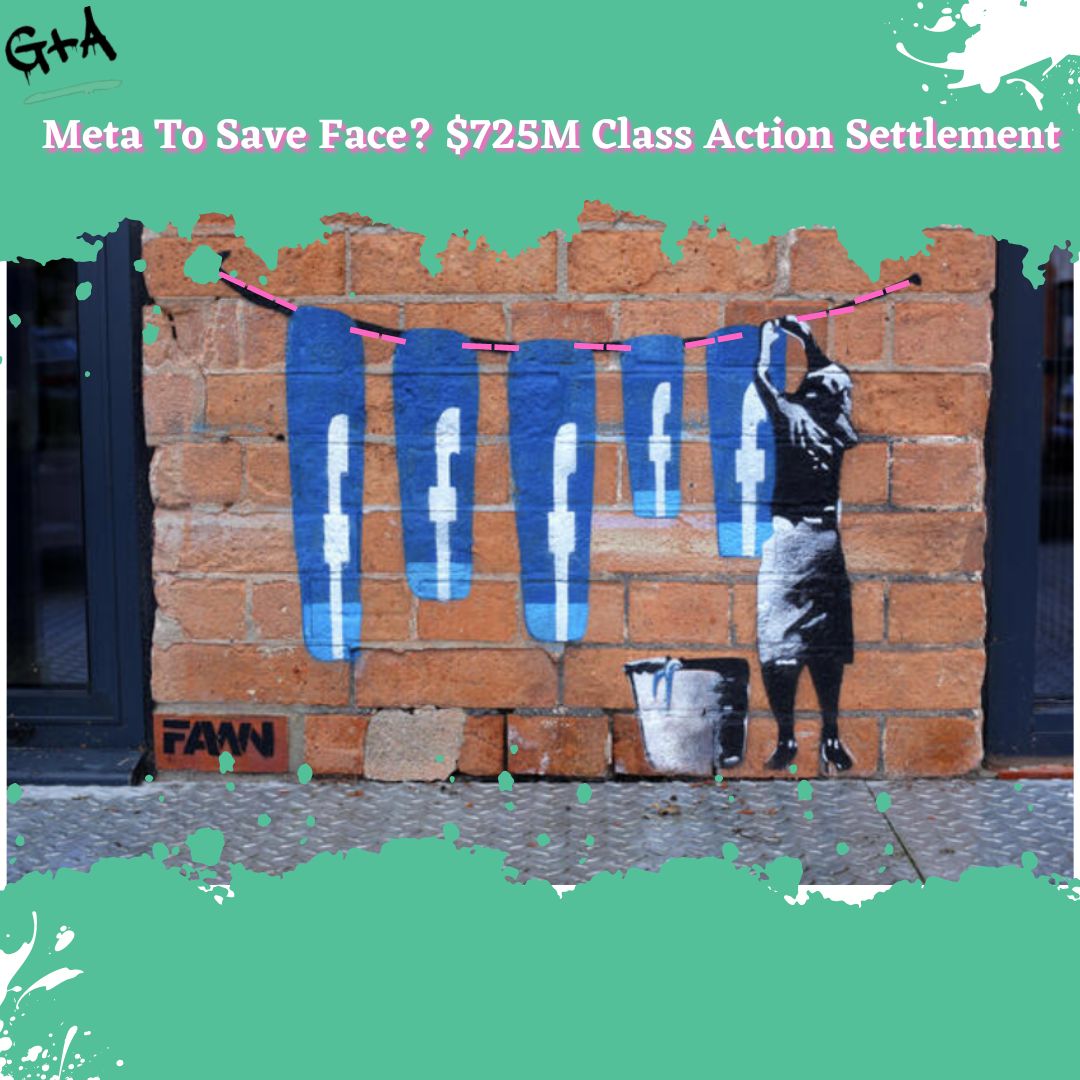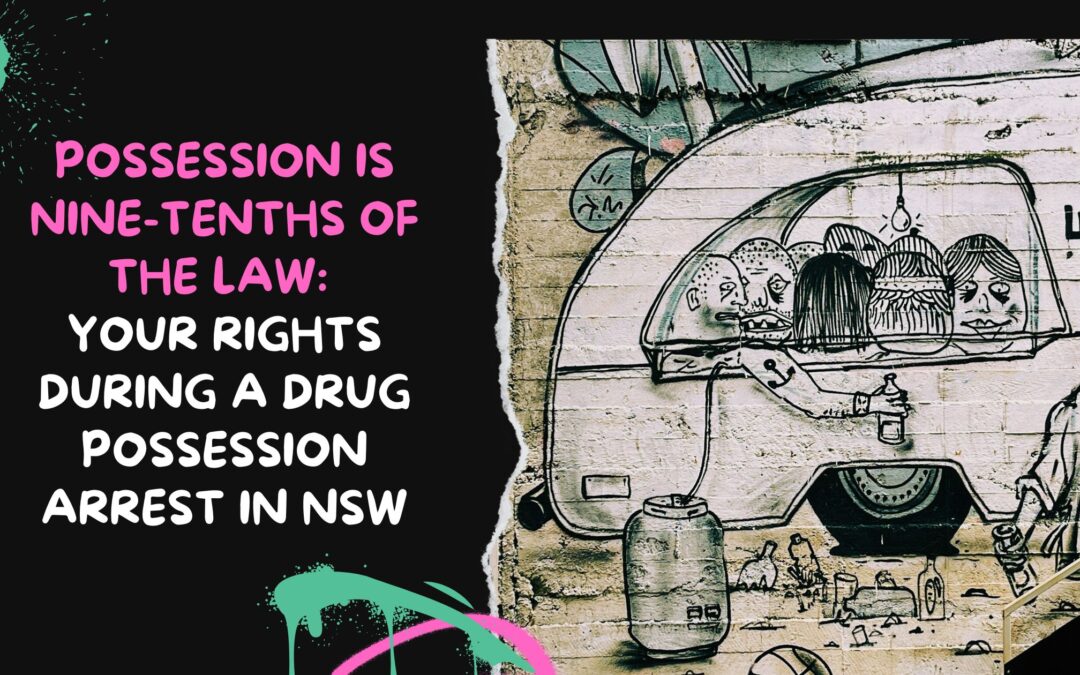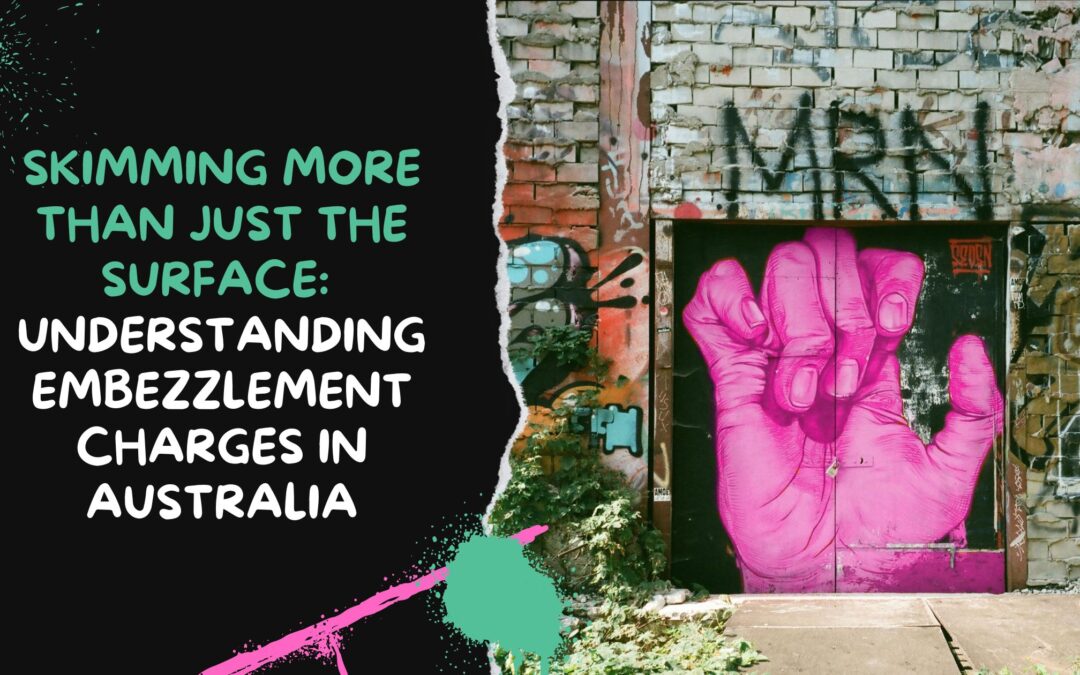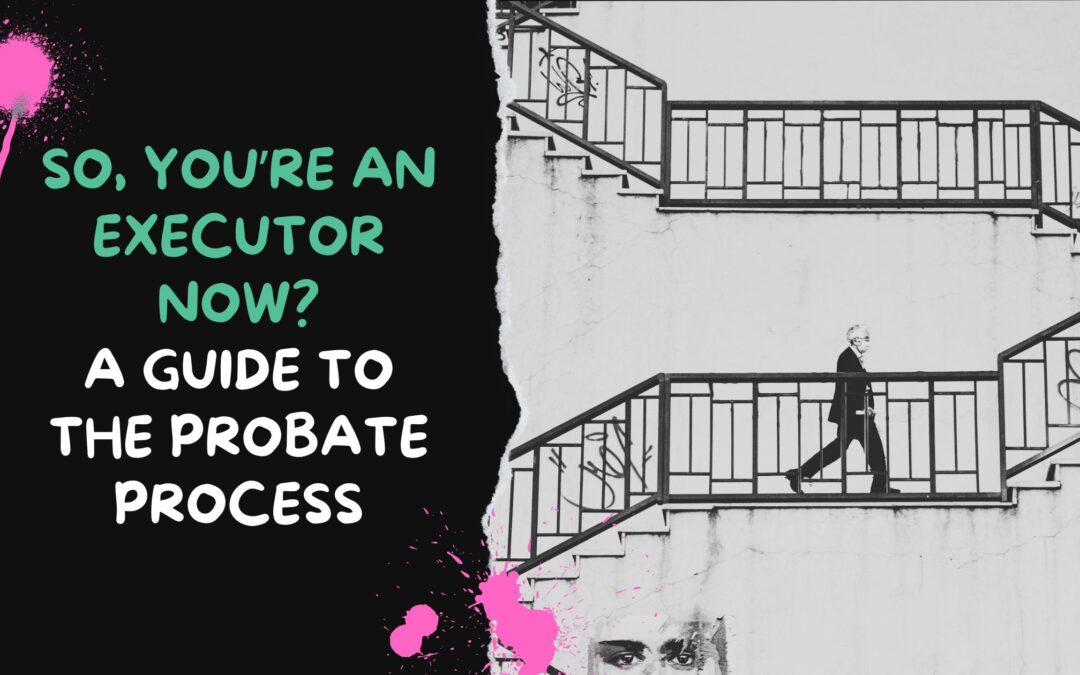Meta has agreed to settle a class action lawsuit claim for $725 million USD, though denies allegations of data breaches.
Last month, A Federal judge in the United States gave preliminary approval to a $725 million settlement between Facebook parent company Meta and users claiming that the social media platform allowed their data to be breached and accessible to third parties without their consent.
The numerous lawsuits claimed Facebook shared or otherwise made user data accessible to app developers, business partners, advertisers and data brokers and failed to monitor what was done with the information. It was reported that the third parties harvested the data of as many as 87 million Facebook users.
Meta has agreed to pay the settlement ‘to avoid the costs and risks of a trial’.
Reportedly, anyone who had a Facebook account between 24 May 2007, and 22 December 2022 in the U.S. is included in the settlement class and may have access to the settlement shares.
In New South Wales, representative proceedings under Part 10 of the Civil Procedure Act 2005 (NSW), commonly described as class actions, refer to proceedings brought by seven or more persons where the claims arise out of the same, similar or related circumstances and which give rise to a substantial common question of law or fact.
Class actions ordinarily involve a single plaintiff (known as the ‘representative’) pursuing a claim on behalf of a larger group that has been similarly affected. They are the only person assuming the risk and cost of the litigation, and they are running their claim in the interests of all affected parties within the group they define.
In Australia, class action settlements require the approval of the Court before they can take effect. The representative plaintiff will make an application to the Court to approve a proposed settlement, in which they will need to provide the Court with a significant amount of information about the settlement, how it was reached, and what it will mean for group members.
If a settlement isn’t reached, a class action will go to trial where the outcome will be determined by the judgement of the Court.
However, the Court also has power to, on application by the defendant or of its own motion, order that proceedings no longer continue if it is satisfied that it is in the interests of justice to do so. For example, if the costs that would be incurred if the proceedings were to continue as representative proceedings are likely to exceed the costs that would be incurred if each group member conducted a separate proceeding.




